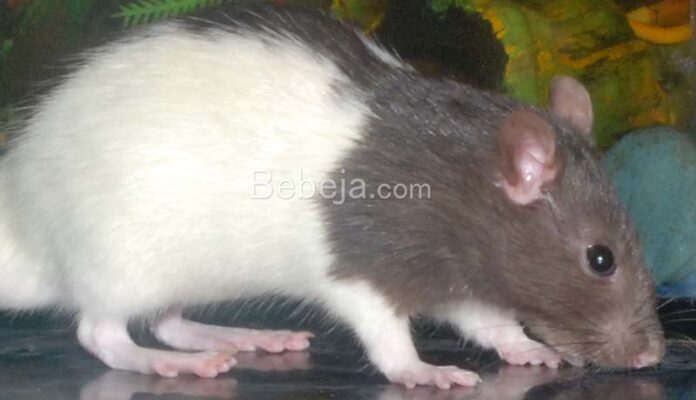Rat infestations, particularly field mice (Rattus argentiventer) and field mice (Mus caroli), can cause significant problems for farmers by damaging crops. Additionally, wirok rats (Bandicota indica), bush rats (Rattus exulans), and riul rats (Rattus norvegicus) can also be present. These rodents create burrows for shelter and breeding and frequently tunnel along irrigation bunds and embankments.
Due to their rapid population growth, controlling rat pests can be challenging. Female rats can give birth to 6-8 offspring with a gap of 30-45 days between births. They can give birth up to 2-3 times during the growing season, resulting in dozens of offspring. In a year, a pair of rats can have over 1,000 offspring, with young females ready to mate at 28-30 days old.
The lifespan of a rat is about 8-9 months, which can be influenced by habitat and diet. Therefore, to effectively control rat populations, crop planting must be done simultaneously across a large area. This is due to the high mobility and adaptability of rats, which makes control difficult otherwise. Integrated control methods are essential.
Research on controlling field rats, particularly in product storage warehouses, has found that it can be done safely and in an environmentally friendly manner, in addition to using rodenticides. The key is to use treatments that include predatory sounds, such as those made by snakes, cats, and even dogs.
Field mice treated with predatory sounds experience metabolic disturbances and exhibit different daily activity patterns, characterized by the time spent on locomotion, foraging, and resting, compared to the control group.
